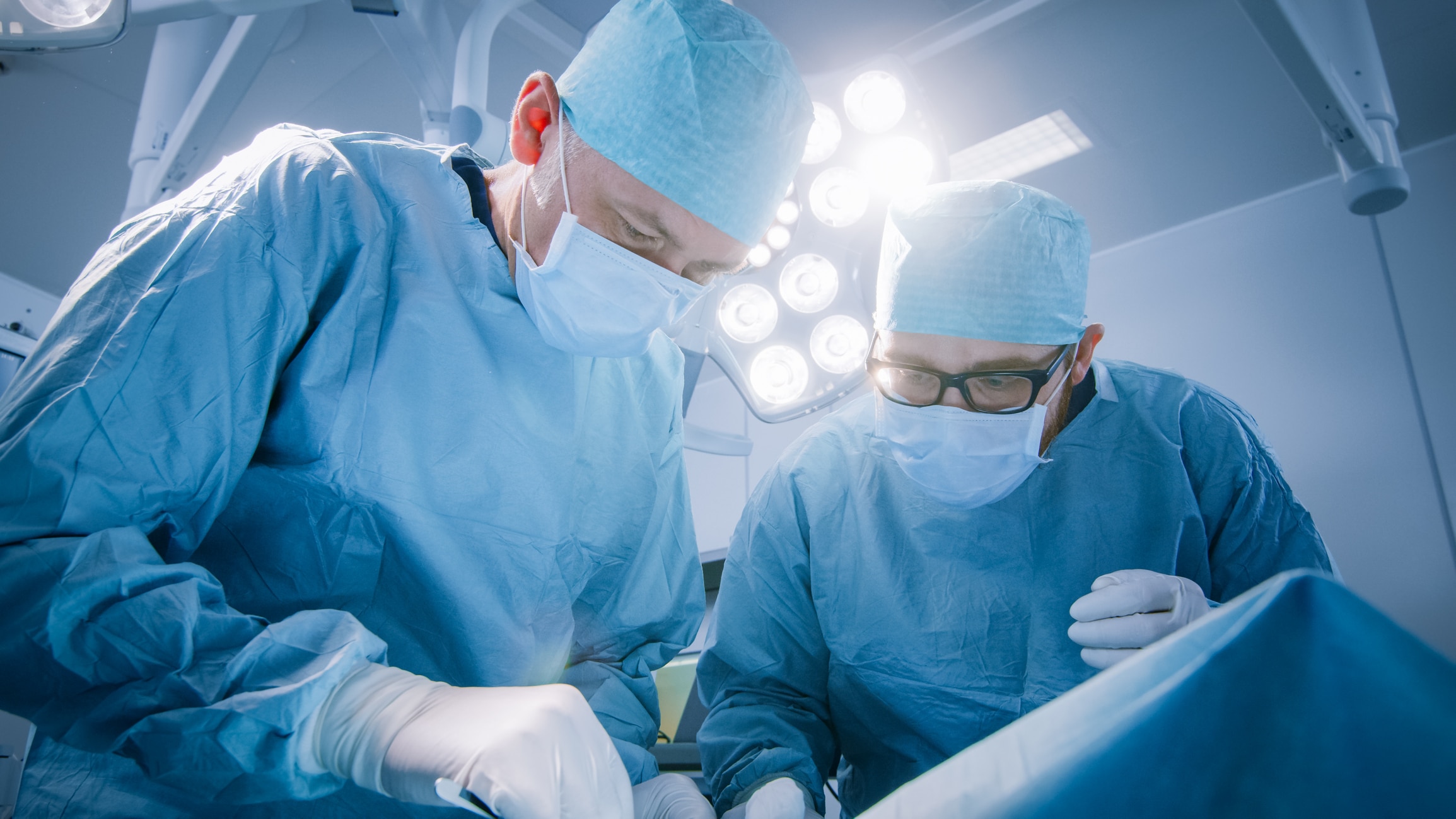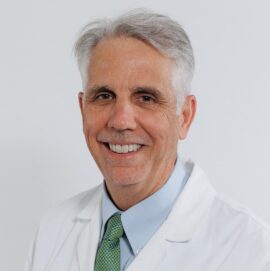
While there are still many mysteries about COVID-19, we do know that some populations—including older adults and those with underlying medical conditions—are more susceptible to severe infection than others. Even under the best circumstances, transplant patients face the possibility of a host of complications, and the current pandemic certainly increases their risk.
One reason for this is that transplant patients must be on immunosuppression drugs following any solid organ transplant. These drugs are designed to increase the chances that the body will not reject the transplanted organ after an operation. However, immunosuppression diminishes the body’s immune system and its ability to respond to new infections.
Another reason transplant patients may be at increased risk for severe complications from COVID-19 is that those individuals typically have an underlying medical condition that led to end-stage organ failure, and those conditions are not always completely mitigated by the transplant. This suggests that transplant patients with prior underlying medical conditions or preexisting health problems are at an extreme disadvantage for successfully fighting off an infection and have a significantly higher risk for life-threatening complications from the coronavirus.
These risk factors make it even more crucial for transplant patients and their friends and loved ones to follow the COVID-19 guidelines recommended by the CDC. This includes continuing to practice social distancing, avoiding those you suspect of being ill, avoiding crowds, and not travelling unless it’s absolutely necessary. If you have questions or concerns regarding your health, contact your primary care physician, transplant coordinator or transplant physician.









